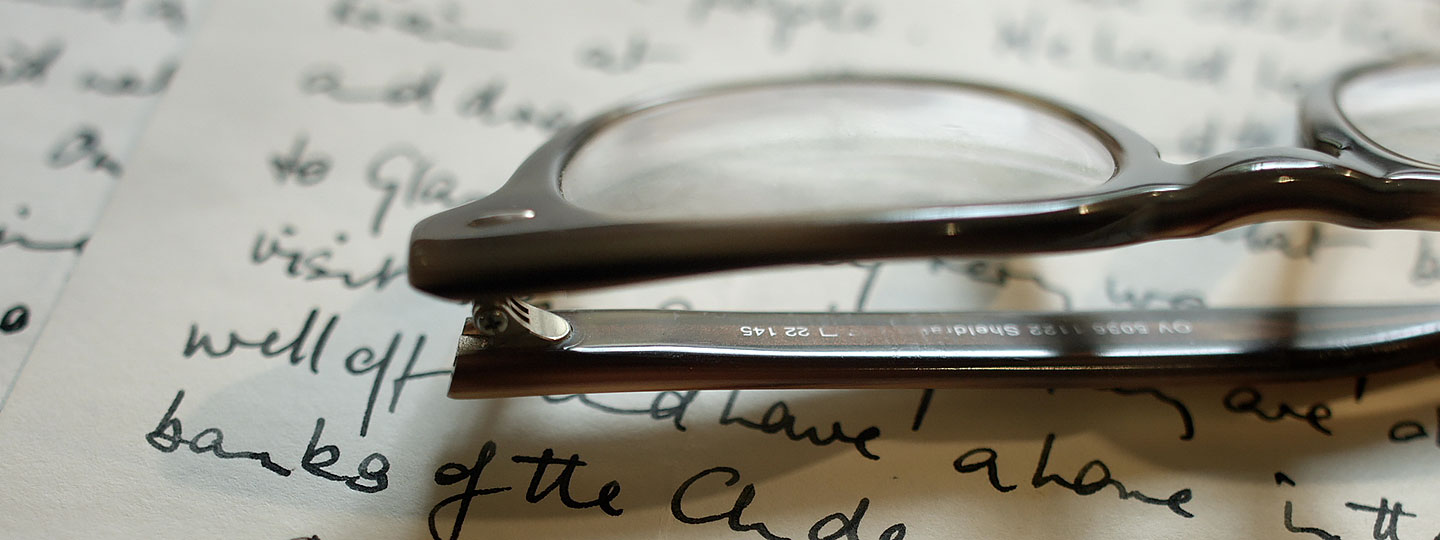For weeks now I've tried to settle in my shed to complete the screenplay for Tilo in Real Life only to be distracted by the ongoing business of Voyageuse. This week proved no different. On Wednesday – Halloween – I travelled to Bristol where the film was scheduled to screen at the Watershed followed by a Q&A.
En route, I received the news that V. has been nominated for the Discovery Award at this year's BIFAs – the British Independent Film Awards. A few months ago, out of the blue I received a call from BIFA asking if I'd care to submit. After perusing the various categories I decided the Discovery Award was my only shot, thinking – somewhat glumly – that a film with as many festival rejections as V didn't stand much of a chance. For once I'm glad to be proved wrong.
Buoyed by the good news, I arrived in a chill and sunny Bristol, my first ever visit to the city, a fine city even though it's laid out in a disorienting way to someone (i.e. me) used to a grid. Still, I liked the feel of the place. At Temple Meads station (designed by Isambard Kingdom Brunel) two friendly guides offered me a map and pointed me towards Queen's Square.
Walking to my hotel, I couldn't shake off the thought that V. might be playing that evening to four people. Entering the Watershed, a wonderful venue on the Waterfront in the city's old centre, I was greeted by Tara Judah, film critic and cinema producer who was due to host my Q&A. Immediately she threw me a curve ball, telling me that the cinema's curator, Mark Cosgrove is the son of Jimmy Cosgrove, who taught me at the Glasgow School of Art many years ago and who was very supportive in my final year. Small world or what?
Back at the hotel I replied to the flurry of congratulations on social media. That many people commented knowingly on my film being 'discovered' didn't escape me. I've long accepted that my filmmaking career doesn't measure up to most people's perceptions of success yet in many ways things have turned out better than had I drawn up a strategy.
As the old Yiddish saw goes, 'when man plans, God laughs.' I've no idea whether V. stands a chance of winning anything but deep down I know it makes no difference. How do I know this? In my edit suite is a glass trophy, a BIFA award for Best Achievement in Production won in 2000 but which had no affect on my career. I rest my case.
That evening I returned to the Watershed. To my surprise, the film attracted a sizeable audience, mainly middle-aged and middle-class – a fairly typical demographic for any arthouse cinema. After my introduction, Tara, Owen – part-time producer, full-time husband – and I went to the venue's outstanding cafe/bar while the film played. Here we had a lively talk about films, the economics of running a venue and life in general. A true cinephile, Tara offered some very astute comments on recent releases.
When the film ended I was struck when Tara urged the audience – something I've never heard before at a Q&A – to take a few minutes to absorb what they had just seen. Certainly at previous Q&As, I've always worried about the audience reaction – what did they really think? In the corridor outside the screen, I had only just encountered a audience member wiping away a tear and thanking me for the film. As it was, the talk flowed and I fielded many questions. At close of play, standing alone in the empty theatre, I realised this was the last cinema outing for the film.
Later in the bar two lovely women, (A. and C.) who had taken the time and effort to see the film, joined me for a drink. We shared stories about families, writing and our common dread of what the future holds. In spite of my earlier misgivings I left the Watershed with my faith restored, thinking how if I never get the chance to show the film again, I couldn't have asked for more.
The above image is a still from V. showing Erica's handwriting. The graphics people at the Watershed used it as a backdrop for my Q&A and did a very fine job too.

